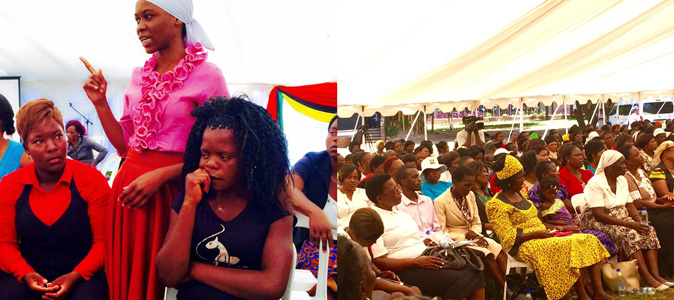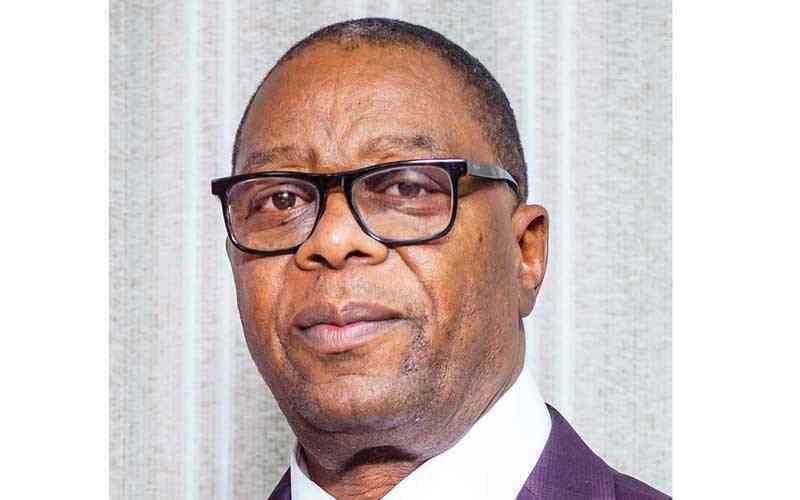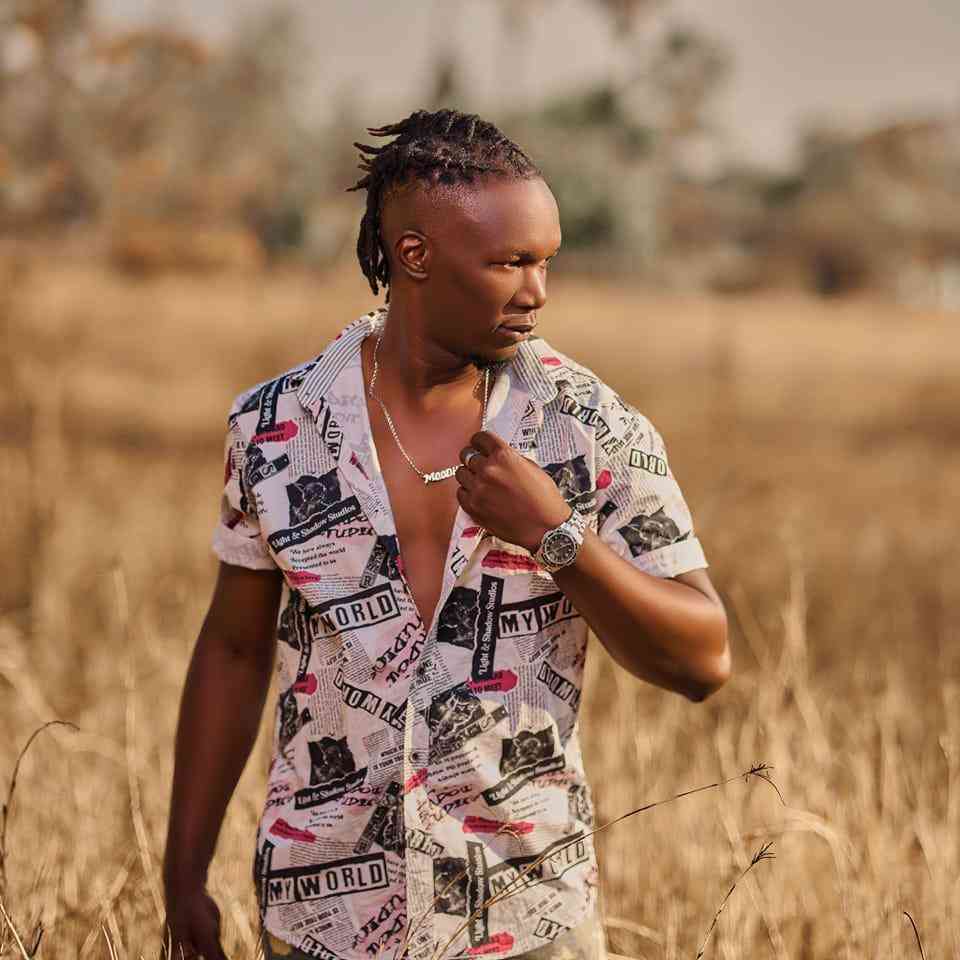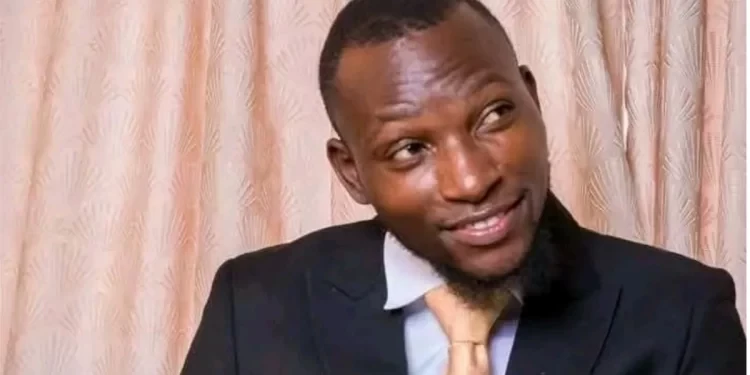
Zimbabwe is in the process of preparing for the 2016 national budget. As most people would probably have nothing to do with the input processes, this could be counted as yet another year where Finance minister Patrick Chinamasa would address the nation in yet another episode of surprises.
Nyaradzo Mashayamombe
These surprises are often then met with amusements where masses wonder on things like; “How duty on second-hand cars has been increased”, “How Zimra will implement changes that ensure more revenues inflows into Treasury” and “How new monetary policies and strategies will help improve the lives of people”. These are the rhetoric of our nation and the national budget escapades.
But what is a national budget? How does it affect our day-to-day lives — food, education, access to clean water, my rentals, car, improvement in Gross Domestic Product (GDP), menstrual cycle, relationship with partner, holiday, exposure to HIV and death? How does it affect foreign investments? How does it protect women, girls, boys and men from domestic and gender-based violence in Zimbabwe?
John Anderson Kay views a national budget as a forecast by a government of its expenditures and revenues for a specific period of time. Although most people cater for their own survival, it is the responsibility of each government have policies that protect its citizens, plans that outline these commitments into action and budgets that support the plans.
The national budget must cater for all its citizens. Most often in many countries the reality is that women and girls are left out in the budget. Several issues that are allocated money for are accessed by men and boys and this draws margins and discriminates against girls and women.
It is against this background that the Ministry of Women Affairs, Gender and Community Development, Women’s Coalition of Zimbabwe, Zimbabwe Women Resource Centre and many women’s organisations like Tag a Life International Trust came together on October 21 to hold an indaba on women’s issues for the 2016 national budget at Harare Gardens. The women gathered together to define their priorities so that they would submit these to the Finance ministry for incorporation into the national budget.
Women’s issues are often left out of the budget. For starters, let me point out that for the 2014 national budget, the Ministry of Women’s Affairs received less than 1% of the national budget. It is one thing for a government to claim to support gender equality, and another to be seen crafting policies, plans and budgets that support that agenda.
- Chamisa under fire over US$120K donation
- Mavhunga puts DeMbare into Chibuku quarterfinals
- Pension funds bet on Cabora Bassa oilfields
- Councils defy govt fire tender directive
Keep Reading
As the women of Zimbabwe converged to define their priorities, it was a beautiful site in our eyes to see all women from all walks of life gather to potentially change Zimbabwe, because we know when investments and opportunities are availed to women, the whole family, community and nation prospers.
Women in mining bemoaned the opportunities that are often presented to men, where capital and mechanisation have hindered most women from obtaining real gains from the industry. Because of poverty and lack of capital, most women fail dismally. The minister should budget for these for 2016.
Agriculture, just like mining, has mechanism challenges as well as a lack of access to capital. This ensures that women continuously depend on others, especially men, for implements. Delays in paying women in favour of men by GMB has perpetuated poverty, leaving children and women vulnerable.
It goes without saying that basic education for girls to reach at least O’ Level should be a must, which should be prioritised in the national budget. The girls in tertiary institutions need support to ensure they are less vulnerable from prostitution for survival. The same goes for the funding of comprehensive sexual reproductive health, gender-based violence and safety shelters for survivors of domestic violence.
Women called on government to provide victim friendly training as part of the police curriculum so that all police officers are able to provide basic assistance to survivors. Most of the few victim friendly-trained police officers are often not available at their respective stations.
Women in trade, tourism, health and arts and culture submitted their own issues to the minister. For the arts, what stuck out were issues of piracy where artists are calling on the Finance minister to fund mechanisms to eradicate piracy and for the government to show its commitment and respect for arts. There were also sentiments of having an arts ministry since currently there seems to be no clarity on who the minister of arts is.
Nyaradzo “Nyari” Mashayamombe is the founder & executive director of Tag a Life International Trust (TaLI), a girl child rights organisation. She is a development consultant, entrepreneur and singer. Email: nyarimash7@gmail.com










